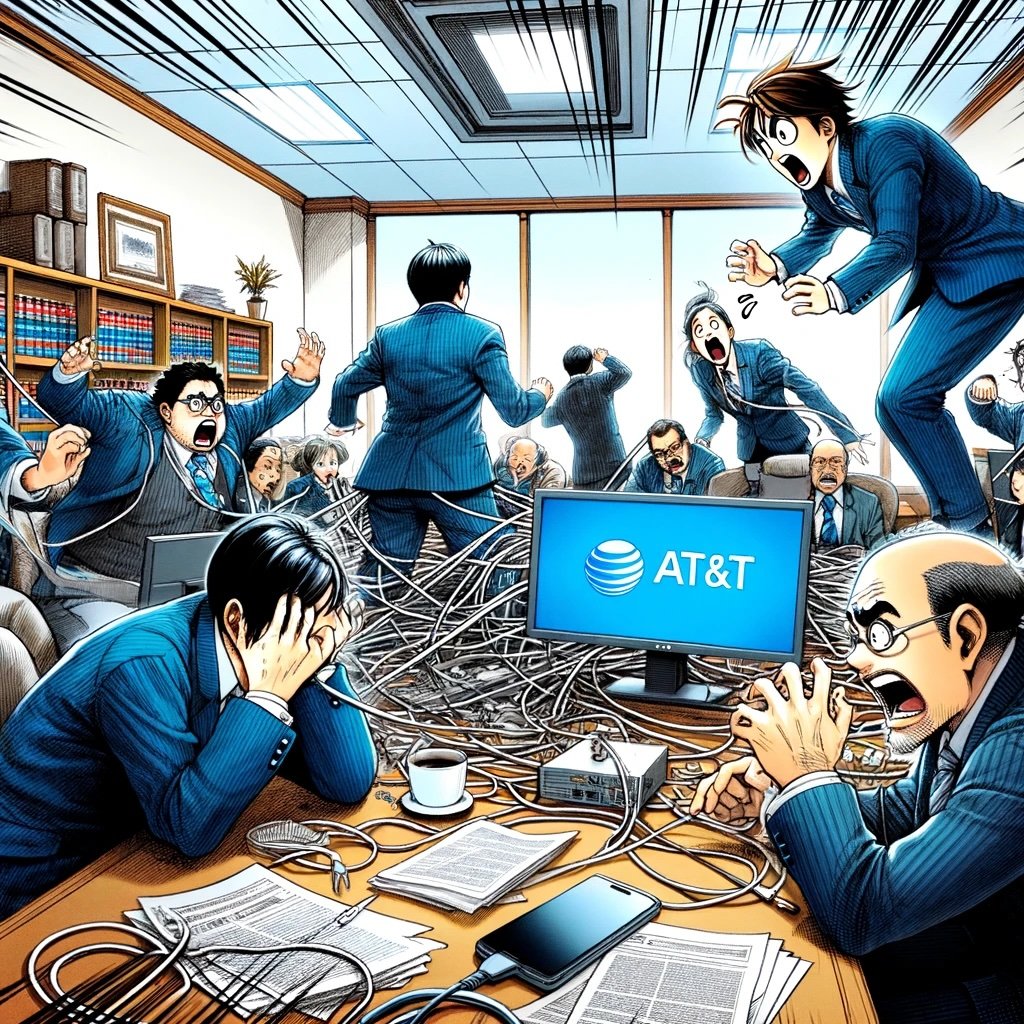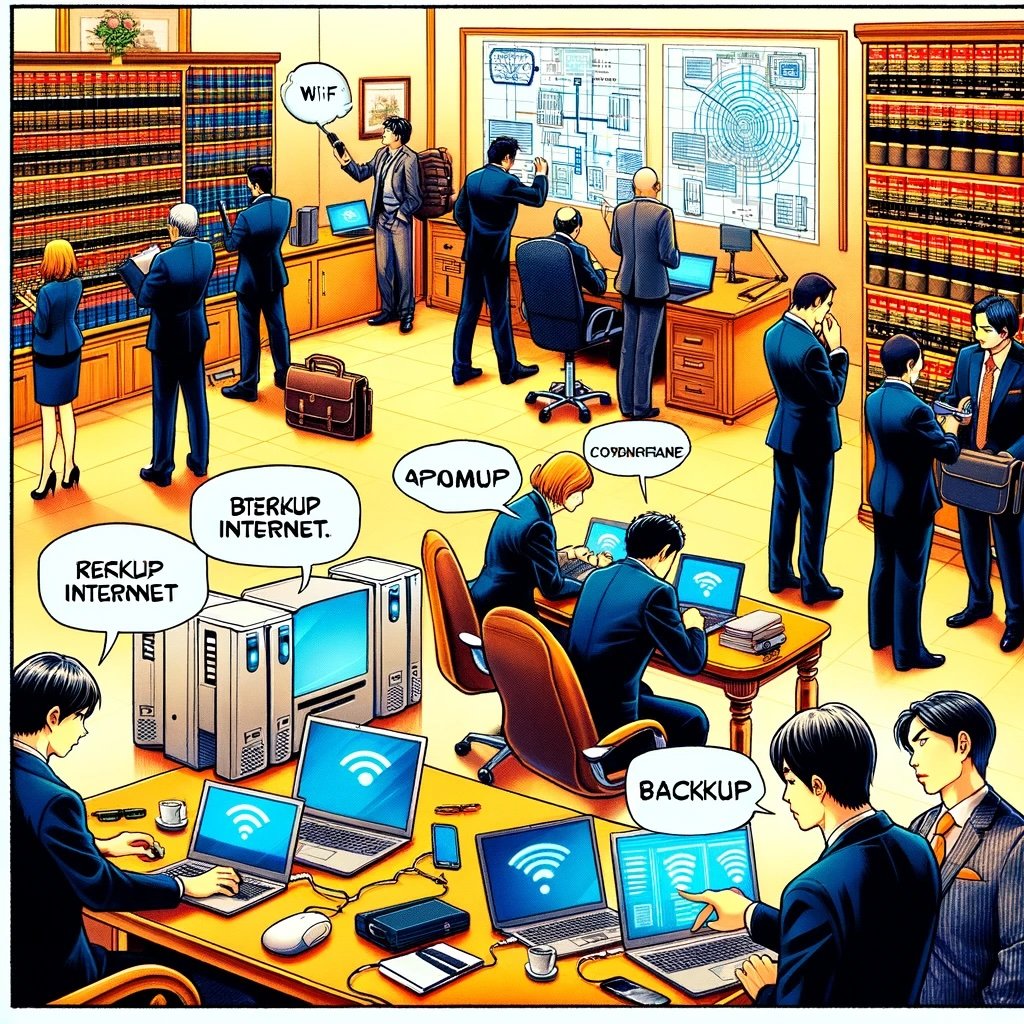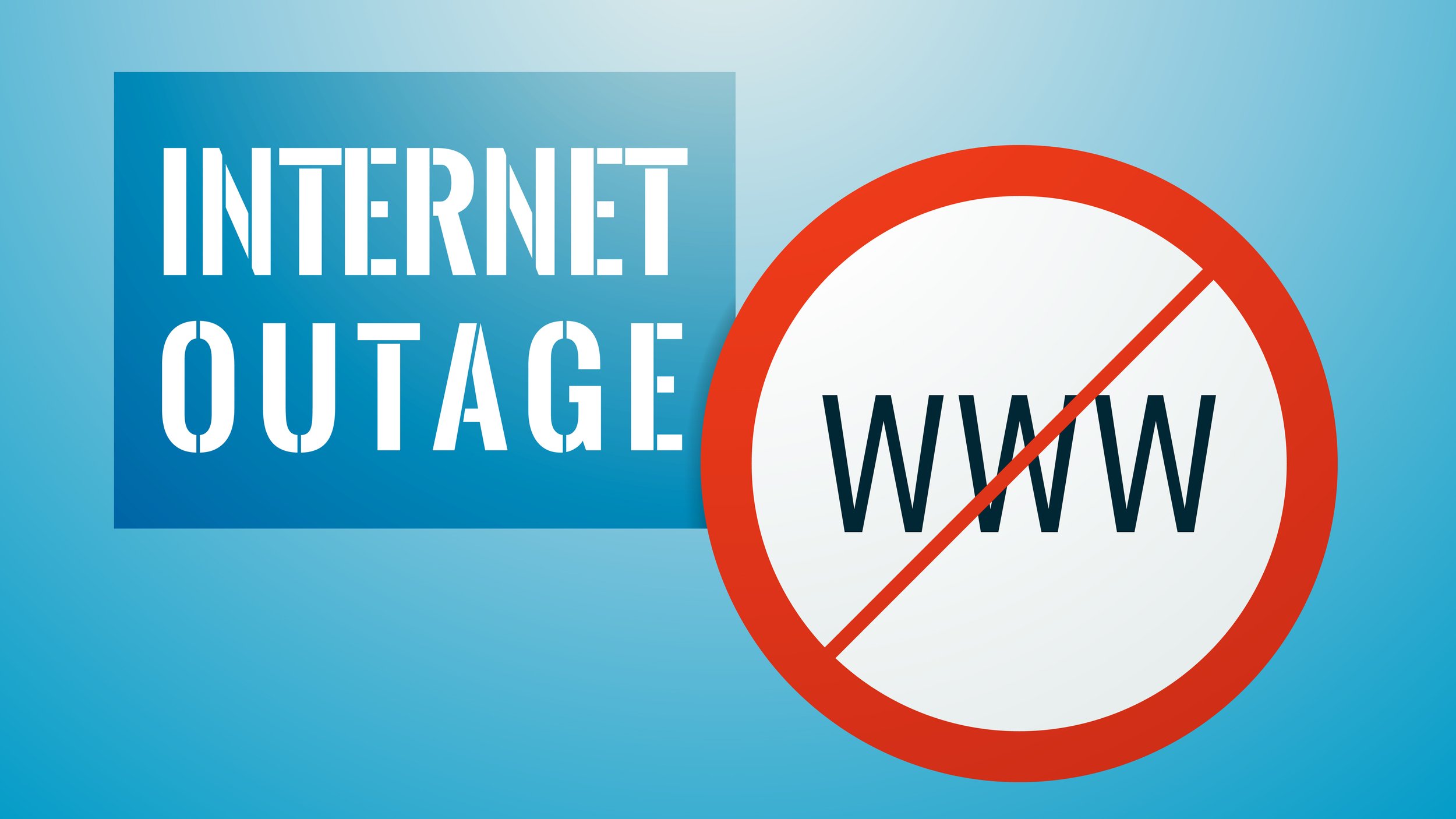Lawyers Can Use YouTube to Enhance SEO and Attract Better Clients 🎥📈
/On my way to chicago for the evolutions Podcast Movement conference!
Last week, I attended the "Evolutions Podcast Movement" conference at Chicago's McCormick Place, a leading venue for professional events. While the conference primarily focused on the business side of podcasting, it offered valuable sessions for solo creators and smaller-scale podcasters. I concentrated on strategies to improve my YouTube presence—a platform that is increasingly important for legal professionals looking to grow their practice online.
As discussed during my 2025 ABA TECHSHOW presentation, "How to Leverage Video to Build Your Brand, Dominate SEO, and Attract the Best Clients!" (co-presented with Patrick Wright and held at the same venue right after the Evolutions conference - more on this later!), YouTube is an essential tool for lawyers aiming to boost their search engine optimization (SEO). By creating videos tailored to your ideal clients’ needs, you can significantly improve your website’s organic traffic 🚀. This approach not only enhances visibility but also increases the likelihood of receiving inquiries from potential clients who align with your practice areas.
Improve Your Firm's SEO with YouTube!
🎥
Improve Your Firm's SEO with YouTube! 🎥
I learned more bout improving my SEO through Video and Youtube at evolutions!
For attorneys with limited technical expertise, YouTube offers a straightforward way to build credibility online. You should probably focus on producing educational content that addresses common legal questions or issues your target audience may face. Use platforms like ChatGPT or Perplexity.AI to help optimize video titles, descriptions, and keywords to ensure your content ranks well on Google and YouTube searches 🔍. Embedding these videos on your website can further improve engagement while showcasing your expertise.
Attending “Evolutions Podcast Movement” reinforced to me how video content can be a game-changer for legal professionals seeking better client connections. Whether you're new to technology or moderately skilled, leveraging YouTube effectively can help you stand out in a competitive market 🌟.
Feel free to contact me if you have any questions!
























